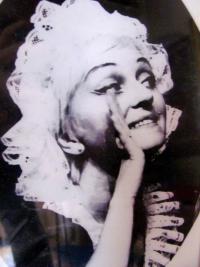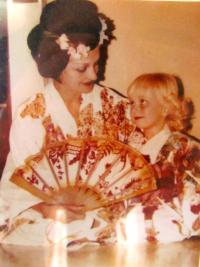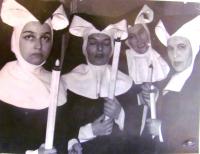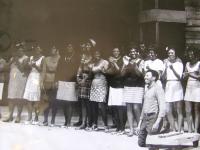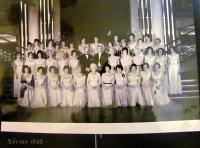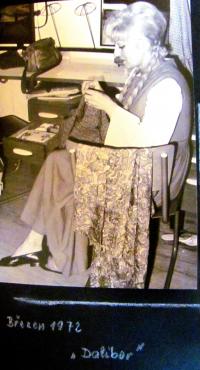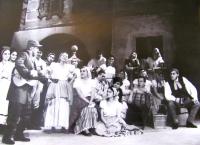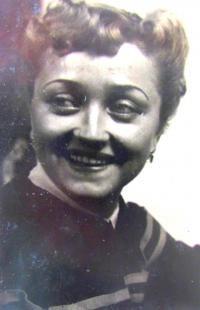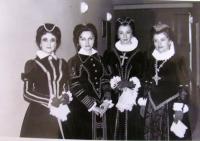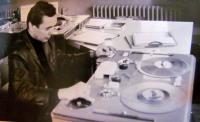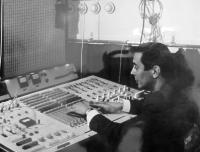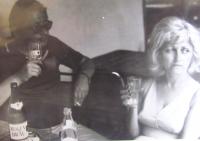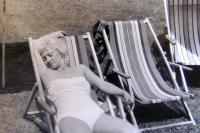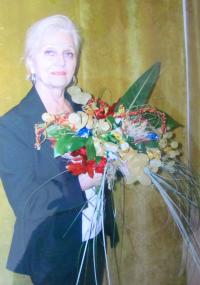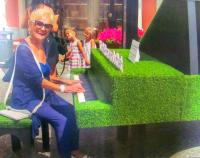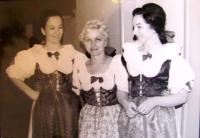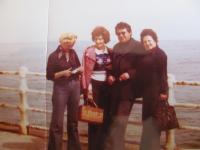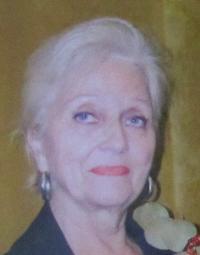If you have a good partner at your side, you will overcome everything

Download image
Květuše Malá was born on September 22, 1932 in Bílovec in the Ostrava region. She grew up as the only child in the family of Karel Občil and his wife Ema. The family moved to Odry in 1938, and the town became part of the German Third Reich soon after. At the end of the war her father escaped from forced labour. Květuše and her mother were then hiding him in the basement. The family managed to survive also owing to the Germans who opposed Hitler. Květuše pursued an artistic career after the end of the war. She completed her studies and then she became an opera singer in the National Theatre in Brno. The communist regime interned her husband Josef in the uranium mines in Jáchymov in the 1950s. Until 1989 he and his wife lived under the surveillance of the StB. Květuše Malá lives in Brno.
